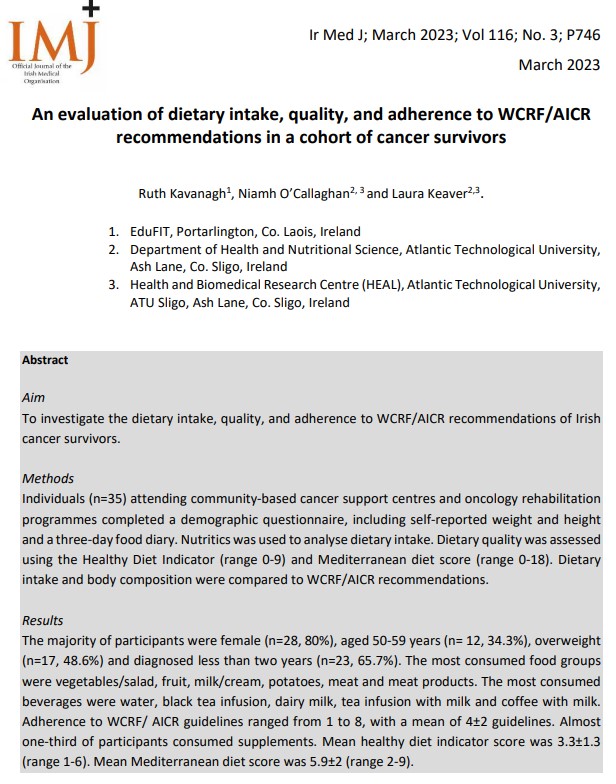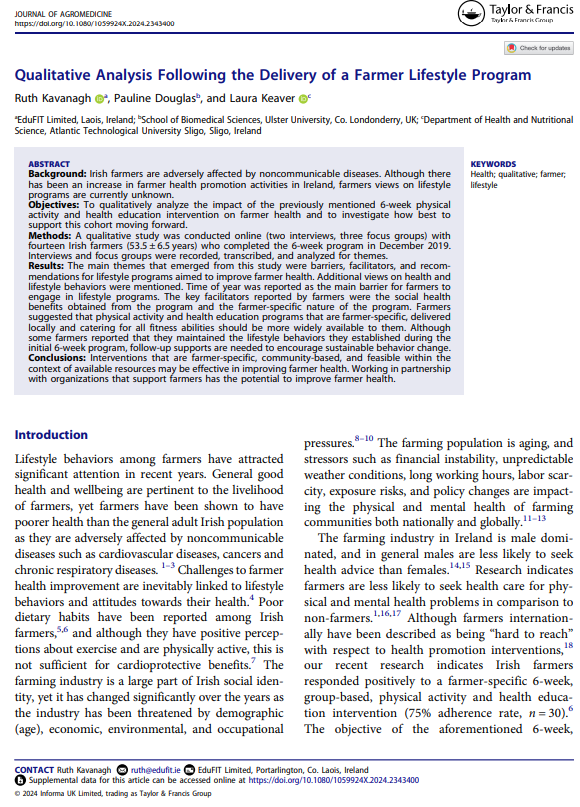
With the Atlantic Technological University Sligo
 Download
Download
 Download
Download
 Download
Download
 Download
/*! elementor – v3.21.0 – 30-04-2024 */
.elementor-heading-title{padding:0;margin:0;line-height:1}.elementor-widget-heading .elementor-heading-title[class*=elementor-size-]>a{color:inherit;font-size:inherit;line-height:inherit}.elementor-widget-heading .elementor-heading-title.elementor-size-small{font-size:15px}.elementor-widget-heading .elementor-heading-title.elementor-size-medium{font-size:19px}.elementor-widget-heading .elementor-heading-title.elementor-size-large{font-size:29px}.elementor-widget-heading .elementor-heading-title.elementor-size-xl{font-size:39px}.elementor-widget-heading .elementor-heading-title.elementor-size-xxl{font-size:59px}
Download
/*! elementor – v3.21.0 – 30-04-2024 */
.elementor-heading-title{padding:0;margin:0;line-height:1}.elementor-widget-heading .elementor-heading-title[class*=elementor-size-]>a{color:inherit;font-size:inherit;line-height:inherit}.elementor-widget-heading .elementor-heading-title.elementor-size-small{font-size:15px}.elementor-widget-heading .elementor-heading-title.elementor-size-medium{font-size:19px}.elementor-widget-heading .elementor-heading-title.elementor-size-large{font-size:29px}.elementor-widget-heading .elementor-heading-title.elementor-size-xl{font-size:39px}.elementor-widget-heading .elementor-heading-title.elementor-size-xxl{font-size:59px}With the Atlantic Technological University Sligo
This page briefly outlines the three research studies that we have conducted in partnership with Atlantic Technological University Sligo (previously known as the Institute of Technology Sligo). Two studies are focused on the area of community based health interventions for farmers and women aged over 50 living in Ireland and one study is focused on evaluating the dietary intake in a cohort of cancer survivors.
Research study 1
Research title: To Determine the Impact of a 6-Week Community-Based Lifestyle Education and Physical Activity Programme on Dietary Intake, Physical, Cardiovascular and Metabolic Health of Farmers Living in Ireland.
Research paper: Published in the Irish Journal of Medical Science (8th March 2021).
Background: Noncommunicable diseases (NCDs) are a significant cause of morbidity and mortality among Irish farmers. Evidence-based lifestyle interventions which aim to improve dietary patterns and health through education and increase physical activity are associated with reduced NCD risk, particularly in populations at high risk. The impact of lifestyle intervention among Irish farmers is unknown. The aim of this research is to assess the effectiveness of a 6-week community-based lifestyle education and physical activity intervention on the dietary intake, physical, cardiovascular and metabolic health of farmers living in Ireland.
Methods: A 6-week lifestyle education and physical activity intervention involving a one-hour health education workshop and two 60-minute circuit based functional exercise training sessions per week was implemented. Pre and post-tests included physical (weight, height, body fat percentage, lean muscle mass, anthropometric measurements), cardiovascular (fasting total cholesterol, high-density lipoprotein cholesterol, low-density lipoprotein cholesterol, triglycerides), metabolic (fasting blood glucose and metabolic syndrome components), performance (6 minute walk test, sit-to-stand test) and perceived physical and mental health measurements (PROMIS Global-10). Dietary intake was assessed using 3-day food diaries (3DFD) and analysed using Nutritics software.
Results: Thirty farmers completed the intervention. Significant improvements were found for most physical health characteristics except for lean muscle mass. Post intervention there were significant improvements in performance measurements. There was a statistically significant positive change in physical and mental health t scores post intervention. Median adherence to dietary guidelines increased from pre (Mdn= 5, IQR= 4) to post (Mdn= 6, IQR= 3) intervention (p=0.03).
Conclusion: Results indicate that NCD risk decreased following this 6-week community-based lifestyle intervention. Farmers in Ireland must be targeted for lifestyle intervention as the evidence available to date shows they are at high risk of developing noncommunicable diseases but respond positively to lifestyle intervention.
Funding acknowledgement: Ruth received an employment-based postgraduate scholarship from the Irish Research Council to complete this study for her MSc in partnership with True Fitness and the Institute of Technology Sligo (now known as Atlantic Technological University Sligo).
Research study 2
Research title: A Pilot 6-Week Lifestyle Intervention in Women Aged 50+ in Ireland.
Research paper: Published in Physical Activity and Health (16th September 2022).
Background: The deleterious effects of ageing and inactivity are compounded by the menopause which typically occurs in females aged 50+. The menopause is associated with unfavourable changes in body composition including decreased skeletal muscle mass, bone density and increased adipose tissue. This study aimed to determine the effects of a 6-week community-based intervention on nutrition knowledge and physical, metabolic, and cardiovascular health of women aged 50+ years.
Methods: Nineteen participants (57 ± 6 years, 32.4 ± 7.2 kg/m2) completed the intervention consisting of 2 hours of aerobic training (home-based / participant led), 2 hours of concurrent training (instructor led) and one 60-minute health workshop per week. General nutrition knowledge was assessed using an adapted validated questionnaire. Body weight, body mass index (BMI), body composition and waist circumference were measured pre and post intervention. Lower body strength endurance and cardiovascular endurance were assessed using sit-to-stand and 6-minute walk tests respectively. Point-of-care testing determined fasting glucose and lipid profile.
Results: There were significant reductions in body weight (–2.2 ± 2.0 kg, p < 0.01), BMI (–0.9 ± 0.8 kg/m2, p < 0.05), percent body fat (–1.1 ± 0.5%, p < 0.05), waist circumference (–2.4 ± 0.5 cm, p < 0.05) and fasting glucose (–0.6 ± 0.8 mmol/L) post intervention. General nutrition knowledge score (5.8 ± 0.05, p < 0.05), 6-minute walk test (Mdn = 82.5, IQR = 49.5, p < 0.05) and sit-to-stand performance increased (11.5 ± 4.5 repetitions, p < 0.05) significantly.
Conclusion: This intervention successfully improved body weight, BMI, body fat percent, waist circumference, fasting glucose, general nutrition knowledge, cardiovascular fitness, and lower body strength of participants. Metabolic health improved with a trend towards improved cardiovascular health.
Funding acknowledgement: This 6-week community-based lifestyle programme was funded by Laois Sports Partnership and Sport Ireland.
Research study 3
Research title: An evaluation of dietary intake, quality, and adherence to WCRF/AICR recommendations in a cohort of cancer survivors.
Research paper: Published in the Irish Medical Journal (23rd March 2023).
Background: The aim of this research study was to investigate the dietary intake, quality, and adherence to WCRF/AICR recommendations of Irish cancer survivors.
Methods: Individuals (n=35) attending community-based cancer support centers and oncology rehabilitation programmes completed a demographic questionnaire, including self-reported weight and height and a three-day food diary. Nutritics was used to analyse dietary intake. Dietary quality was assessed using the Healthy Diet Indicator (range 0-9) and Mediterranean diet score (range 0-18). Dietary intake and body composition were compared to WCRF/AICR recommendations.
Results: The majority of participants were female (n=28, 80%), aged 50-59 years (n= 12, 34.3%), overweight (n=17, 48.6%) and diagnosed less than two years (n=23, 65.7%). The most consumed food groups were vegetables/salad, fruit, milk/cream, potatoes, meat and meat products. The most consumed beverages were water, black tea infusion, dairy milk, tea infusion with milk and coffee with milk. Adherence to WCRF/ AICR guidelines ranged from 1 to 8, with a mean of 4±2 guidelines. Almost
one-third of participants consumed supplements. Mean healthy diet indicator score was 3.3±1.3 (range 1-6). Mean Mediterranean diet score was 5.9±2 (range 2-9).
Conclusion: Diet quality of cancer survivors was low, with poor adherence to WCRF/AICR cancer prevention guidelines. Future studies identifying barriers preventing cancer survivors from meeting guidelines are warranted.
Funding acknowledgement: There was no funding received for this work.
Research Study 4
Research title: Qualitative Analysis Following the Delivery of a Farmer Lifestyle Program
Research paper: Published in the Journal of Agromedicine (17th April 2024).
Background: Irish farmers are adversely affected by noncommunicable diseases. Although there has been an increase in farmer health promotion activities in Ireland, farmers views on lifestyle programs are currently unknown.
Methods:A qualitative study was conducted online (two interviews, three focus groups) with fourteen Irish farmers (53.5 ± 6.5 years) who completed the 6-week program in December 2019. Interviews and focus groups were recorded, transcribed, and analyzed for themes.
Results: The main themes that emerged from this study were barriers, facilitators, and recommendations for lifestyle programs aimed to improve farmer health. Additional views on health and lifestyle behaviors were mentioned. Time of year was reported as the main barrier for farmers to engage in lifestyle programs. The key facilitators reported by farmers were the social health benefits obtained from the program and the farmer-specific nature of the program. Farmers suggested that physical activity and health education programs that are farmer-specific, delivered locally and catering for all fitness abilities should be more widely available to them. Although some farmers reported that they maintained the lifestyle behaviors they established during the initial 6-week program, follow-up supports are needed to encourage sustainable behavior change.
Conclusion: Interventions that are farmer-specific, community-based, and feasible within the context of available resources may be effective in improving farmer health. Working in partnership with organizations that support farmers has the potential to improve farmer health.
Funding acknowledgement: There was no funding received for this work.